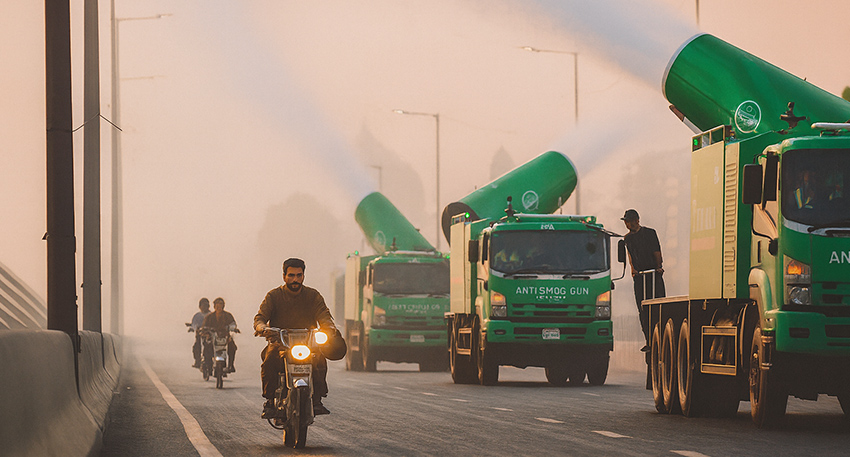
Many Asian nations, especially those with large populations and high rates of underemployment (such as Bangladesh, Pakistan, India, Nepal, the Philippines, and Indonesia), stand to benefit directly. These countries already have a strong tradition of labor migration to Europe and the Middle East. The promise of legal work in a European country, particularly in sectors like agriculture and tourism, will be an attractive alternative to often riskier or lower-paying jobs elsewhere.
For example, agricultural and seasonal work in Italy can offer higher wages and better working conditions than similar jobs in the Gulf. Moreover, remittances sent back to Asia can help strengthen local economies, support families, and reduce poverty.
While new opportunities abroad may help reduce domestic unemployment, they could also create labour shortages in critical sectors at home — particularly construction, farming, and low-skilled services, which often rely on cheap local labour. Countries like Nepal and Bangladesh have previously experienced such shortages when large numbers of workers left for overseas contracts.
Italy’s preference for workers from countries that actively discourage illegal migration (as highlighted by the controversial 2023 decree) may force Asian governments to strengthen their border control policies and awareness campaigns. To qualify for Italy’s preferential quotas, they might need to cooperate in preventing irregular migration and in combating human trafficking networks. This could lead to stricter visa regulations and new agreements between Italy and Asian countries.
Countries that successfully secure more visas for their workers can strengthen diplomatic ties with Italy and potentially negotiate for better labor rights and protections. However, the prioritisation system might spark competition among Asian nations, creating tensions or policy shifts as they vie for Italy’s approval.
Read more: Italy grants 500,000 work visas for non EU workers
Italy’s system has already shown vulnerabilities to fraud, with reports of criminal gangs misusing the visa process and workers being re-exploited even after arriving legally. This raises serious concerns for Asian workers, who are often among the most vulnerable to exploitation abroad. Sending countries will need to improve pre-departure training, support networks, and legal assistance for their citizens working in Italy.
By encouraging legal migration, Italy is acknowledging its own demographic crisis — low birth rates and an ageing workforce. This sets an example that other European countries might follow, potentially opening further doors for Asian workers. However, this also means that sending countries must prepare for the long-term outflow of young, productive citizens, which could impact local economic growth and social structures.
Italy’s visa expansion plan is both an opportunity and a challenge for Asian countries. While it promises jobs, remittances, and stronger ties with Europe, it also demands careful migration management, worker protections, and domestic policy adjustments.
If handled wisely, Asian countries can turn this opening into a win-win situation, uplifting their workers and economies. But without adequate safeguards, they risk exacerbating brain drain, labour shortages at home, and vulnerability of their workers to abuse abroad.




